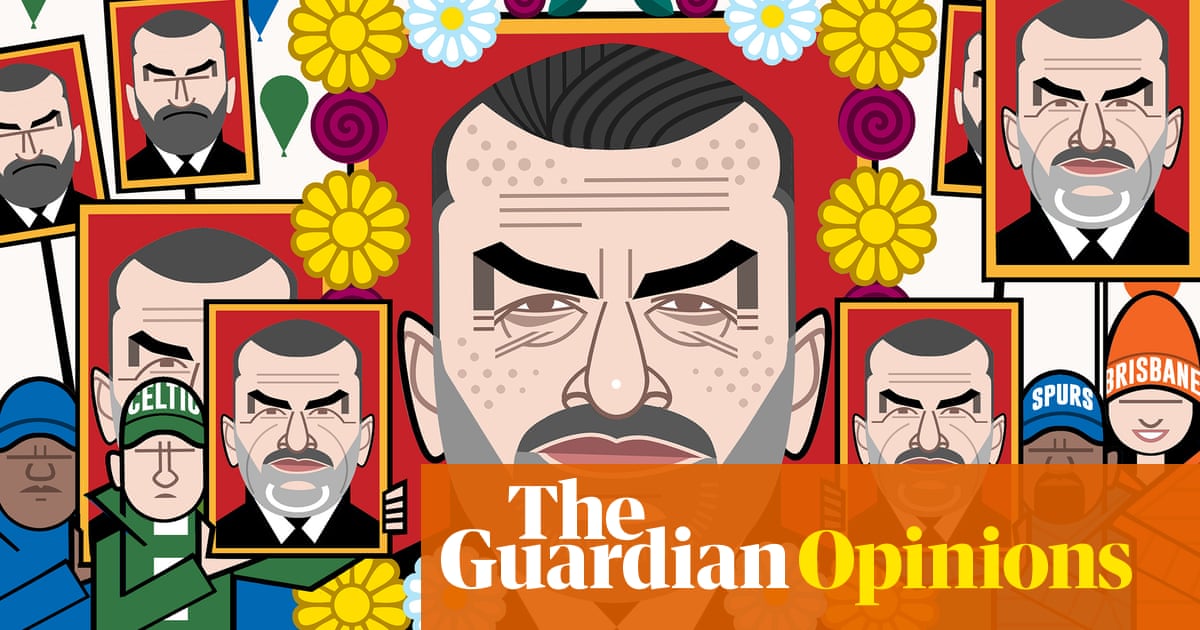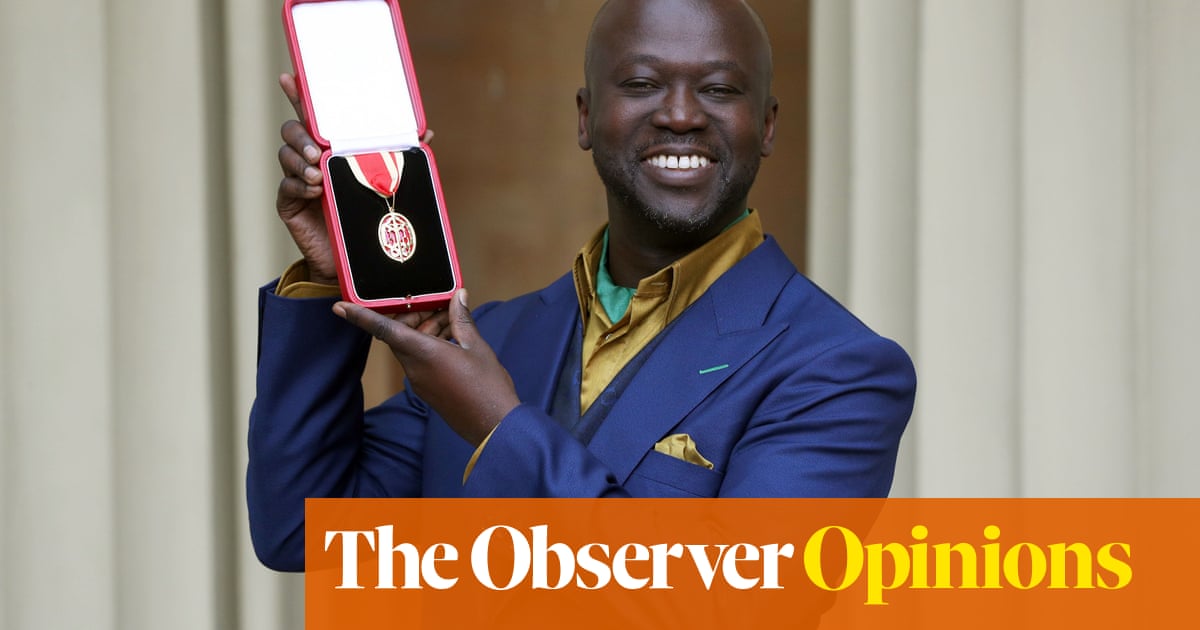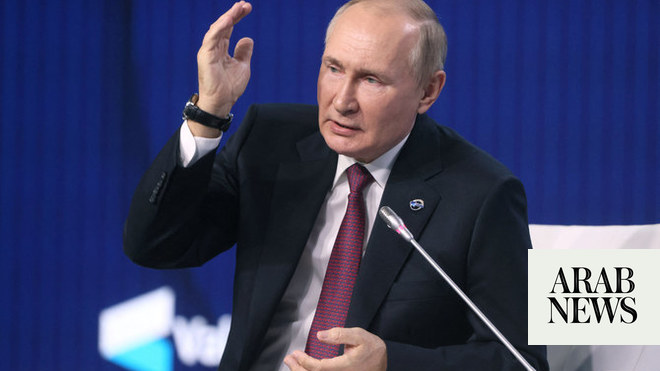
Vladimir Putin was born seven years after the end of the second world war, and raised on the Brezhnev-era myth of the great victory. A man of no great education, he loved to quote Soviet films and old stories. The history books portrayed the “great patriotic war” as a magical fable in which the hero – the Russian people – vanquishes a monster, to the envy of the whole world. In this myth there was no room for many of the actual facts of war, such as the Molotov–Ribbentrop pact, the war with Finland, the occupation of the Baltics. The myth ignores the deportation of millions of Poles. It glosses over the Rzhev campaign of the winter of 1942-43, in which the Soviet army sustained terrible losses, preferring to dwell on the storied victories of Moscow and Stalingrad.
The myth, celebrated today on Russia’s Victory Day, has become the essential narrative underpinning Putin’s plan to rule Russia eternally.
There came a point when Putin resolved to stay in power indefinitely. Elections would come and go, and he would lie that they would be his last, that he had no intention of changing Russia’s 1993-era constitution, which provides for a maximum of two consecutive terms. His first strategy for eternal rule was to allow citizens to become wealthy, as the country became richer than it had ever been in the second half of the 2000s. But when growth stopped, with much of the wealth captured in a few hands, he had to turn to propaganda. He began to invoke a sense of “traditional values” to augment the notion of his paramount importance to Russia – the indispensable leader who was the only defence for Russians against westernisation and dissolution in the sea of European peoples.
And Putin came to believe his own propaganda – that he now had a special historic mission to create a Greater Russia. Not quite a new USSR, because no one was about to rebuild Communism, or invent some new ideology or recolonise Central Asia so as to secure nice cheap labour for the Russian economy. Greater Russia fancied itself as the world’s third big power (along with the US and China). And if the rival US had the EU as its satellite then Greater Russia would need its own sphere of influence. Putin’s “traditional values” essentially boiled down to homophobia and the cult of military victory. It quickly became clear that persecuting gay people didn’t really amount to a durable strategy for the eternal rule of a strong leader. The cult of victory was all that was left.
The picture slowly took shape. The operetta of Russian militarism grew out of TV propaganda, where numerous “experts” began to speak of how we were the strongest in the world, no one could order us around, our rockets could circle the world several times and destroy anyone we wanted. It was ridiculous, but Putin’s speeches slowly began to sound more and more like those of the late neofascist Vladimir Zhirinovsky. He spoke less and less about dull things like economic development, but really lit up when talking about new “unparalleled” types of weapons. “We can do it again,” became the main slogan of Putin’s Russia, a clear reference to the fact that Russians defeated Nazism in the second world war, and believe they can do it again.
Putin has won four presidential elections, but a fifth is looming in 2024. Covid took a heavy toll in Russia and the economy has slumped, so Putin’s options are few. In his mind, his best way to hold on to power is a repeat of the great victory. A symbolic march-past on 9 May would not be enough; they’d need to fill the image with blood.
And so they tried to “do it again”, orchestrating Europe’s biggest tragedy since 1945. The war is the world’s first to have been directly invented by TV. It also feels like the moment when the Soviet Union truly fell apart, because Russia, as heir to that empire, cannot come through this crisis with all those Soviet myths about victory still intact. We shouldn’t be surprised that most Russians have bought into this and are indifferent to the military crimes being committed in Ukraine. It’s not just that they don’t get the full picture because of the obliteration of journalism and social media. It’s that if you stop believing the propaganda, then you no longer can believe in a Russia of traditional values, a victory-day hero nation. All that is left is a wild person wandering through the ruins of a militarised kleptocracy, carrying a nuclear suitcase in his hand. And who wants to believe in that?
Who are we, and how did we let this happen? It’s scary to answer this question. Russians will hold on to their myths until the very last. In the meantime, they have their military parade, their victory day swoon, the opiate of the masses.
Do you have an opinion on the issues raised in this article? If you would like to submit a letter of up to 300 words to be considered for publication, email it to us at guardian.letters@theguardian.com
Kirill Martynov is editor-in-chief of Novaya Gazeta Europe
Today on Russia’s Victory Day, the Guardian and other European news organisations are publishing articles by the independent newspaper Novaya Gazeta












